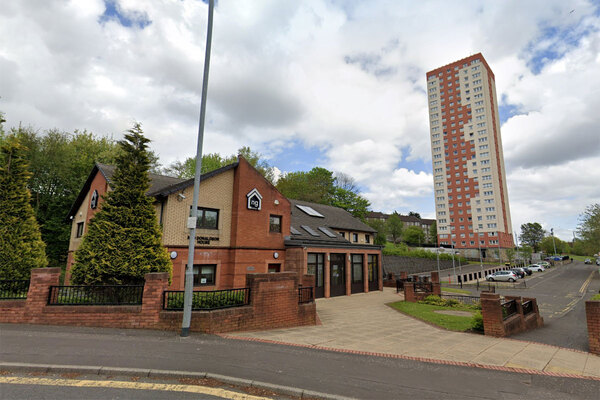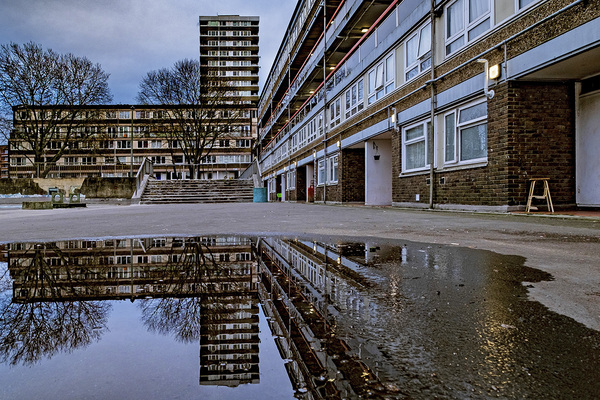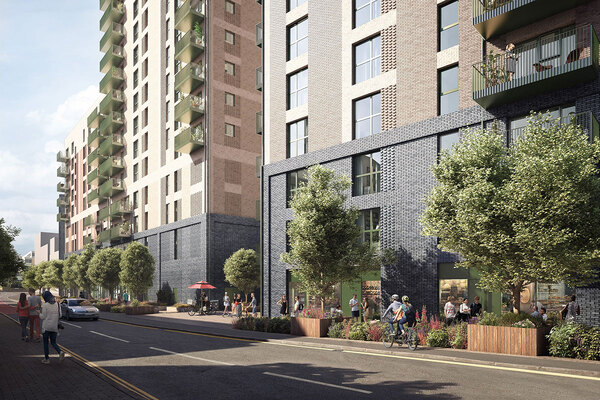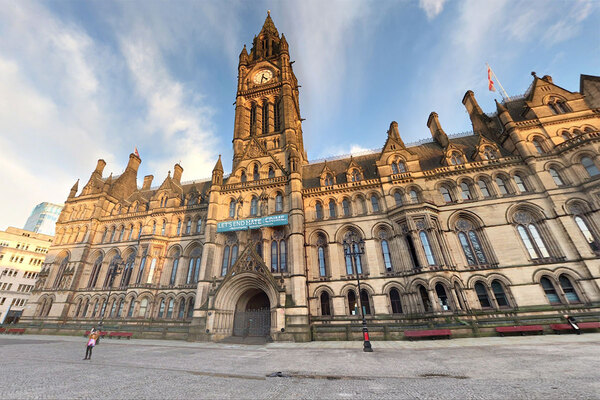You are viewing 1 of your 1 free articles
ELECTION 2017: what are the housing battlegrounds likely to be?
Theresa May has surprised everyone by calling a general election – so where are the differences in housing policies between the parties likely to lie?
The parties have (obviously) yet to publish their manifestos – but it is possible, by looking at recent statements, to get a sense of what each party’s policy offer on housing is likely to be.
Below is a summary of what the main parties have said about housing recently.
CONSERVATIVES
New housing pledges will undoubtedly be announced.
But it is a safe bet the Conservative Party will go into the election promising to keep its current policy programme.
This includes:
- Councils will have to sell off their higher-value homes to fund the Right to Buy for housing associations. There is no detail yet on the definition of “higher value” but in a recent interview with Inside Housing Gavin Barwell said he would try to “mitigate” the effect on councils.
- Councils now have to intervene earlier to prevent households from becoming homeless after the Homelessness Reduction Bill recently passed into law.
- All councils must hold a register of brownfield land that developers can access.
- The previous government under David Cameron’s leadership planned to deliver 200,000 Starter Homes and councils would have to deliver 20% Starter Homes. This has been watered down under Theresa May and there is no longer a 200,000 commitment.
- A reform of supported housing funding. The government originally planned to introduce a Local Housing Allowance cap for supported housing. Following stiff opposition it is now looking again at this plan and has pushed back the implementation date to 2019. A Green Paper on the future of supported housing funding is expected in the spring.
- The Affordable Homes Programme has been relaxed to include affordable rent and build-to-rent. Previously it was largely focused on homeownership products.
- A commitment under Mr Cameron to cut housing benefit for 18 to 21-year-olds on Universal Credit has been honoured but with a long list of exemptions. Our recent research showed up to 29,000 people could be affected.
- A commitment to build one million homes by December 2020.
LABOUR
Shadow housing minister John Healey has said the party would have a housing manifesto ready to go “within days” in the event of a snap election, so we may not have to wait long for specifics.
As it stands, the party has already pledged:
- To build one million homes over the life of a parliament, with 500,000 council homes built by councils. It says removing borrowing caps would fund 12,000 a year and has not provided any costing for the rest.
- To indefinitely suspend the Right to Buy while “at a time of shortage” of social housing.
- To end rough sleeping through a voluntary deal with housing associations to provide 4,000 properties for the street homeless in a ‘clearing house’ scheme.
It has also recently published the Redfern Review into declining homeownership, which recommended:
- Access to mortgages and declining incomes were a key driver of falling ownership among young people
- Focus on all tenures, not just ownership
- A Housing Commission to take a “non-partisan approach” to long-term housing strategy
LIBERAL DEMOCRATS
The Liberal Democrats have committed to:
- Building 300,000 new homes a year by 2020
- Creating a ‘housing investment bank’ to channel investment into the housing sector
- Policies to help housing associations and councils to build more homes through better access to finance and at least 10 new garden cities
- Plans to “radically reform the private rented sector to make it cheaper, safer and more secure to live in”
SNP
- The SNP has pledged to deliver 50,000 affordable homes by 2021, with 35,000 of these social rented homes
- The government has taken a strong stance against the UK government’s welfare reforms and has promised to mitigate the effect of the housing benefit cut for 18 to 21-year-olds
- The government has also called for an immediate halt to Universal Credit until problems with its roll-out are fixed
- It says it would also abolish the bedroom tax under new powers transferred from the UK government, but the UK government has not agreed to this
UKIP
- UKIP has a policy of creating new homes by bringing empty homes back into use. It wants to place a statutory duty on local authorities to include a commitment to bringing empty properties back into use within their broader housing and planning strategies.
- It says it would take steps to remove the barriers to brownfield builds with the aim of building one million homes on brownfield sites by 2025 to address the current housing shortage, offering grants of up to £10,000 per unit to developers to carry out remediation work.
- On affordable housing, it says it wants to identify long-term dormant land held by central and local government so it can be released for affordable developments, and “relax planning regulations for the conversion of off-high-road commercial and office space and other existing buildings to affordable residential use”.
The Northern Ireland parties have recently contested an election. The main parties pledged the folllowing:
DUP
- Build 8,000 social and affordable housing units by 2020
- Create £1bn Northern Ireland Investment Fund to help finance projects such as social housing
- Transform the Northern Ireland Housing Executive (NIHE) to a strategic housing body and transfer its stock
- Give NIHE more powers to tackle empty homes
SINN FEIN
- Build a minimum of 10,000 new social and affordable homes over the next five years
- Develop and implement an anti-poverty strategy, based on objective need
- Provide £500m to help mitigate Tory welfare cuts
SDLP
- Build 3,000 social homes every year
- Impose a statutory duty on social landlords to promote and develop ‘shared housing’ (mixed community social housing schemes)
- Develop a new Green Investment Deal to retrofit housing
- Introduce a new homelessness strategy, aimed at helping those who are homeless and protecting those at risk of homelessness
UUP
- Build 10,000 new social and affordable homes by 2021
- Support the transfer of properties from the NIHE to housing associations
- Place duty to prevent homelessness on statutory services such as the NHS and prisons
- Allow the NIHE to borrow against its assets to access private finance
PLAID CYMRU
Plaid Cymru has previously pledged the following:
- Introduce rent controls to help tenants
- Ensure impact on Welsh language of new developments is measured thoroughly
- Energy efficient housing improvements to reduce family energy costs
- Support local authorities to build more affordable and social housing and require them to agree targets
- Abolish VAT charges on house refurbishments
In the Welsh Assembly election last year, it promised to:
- Create a National Housing Company which will borrow against rents to build a new generation of public rental housing
- Local authorities will be expected to agree targets for supplying affordable homes – including new social homes – with the Welsh Government, and develop joint plans with neighbouring local authorities or work through housing associations and the National Housing Company
- End the Right to Buy (which has been achieved in Wales)
- Introduce a more rigorous system in the allocation of social housing to give priority to those in local housing need
UPDATE: At 5pm on 20.4.2017
An earlier version of this story said the implementation date for the cap to housing benefit at Local Housing Allowance levels was 2020. This has been corrected to 2019.











